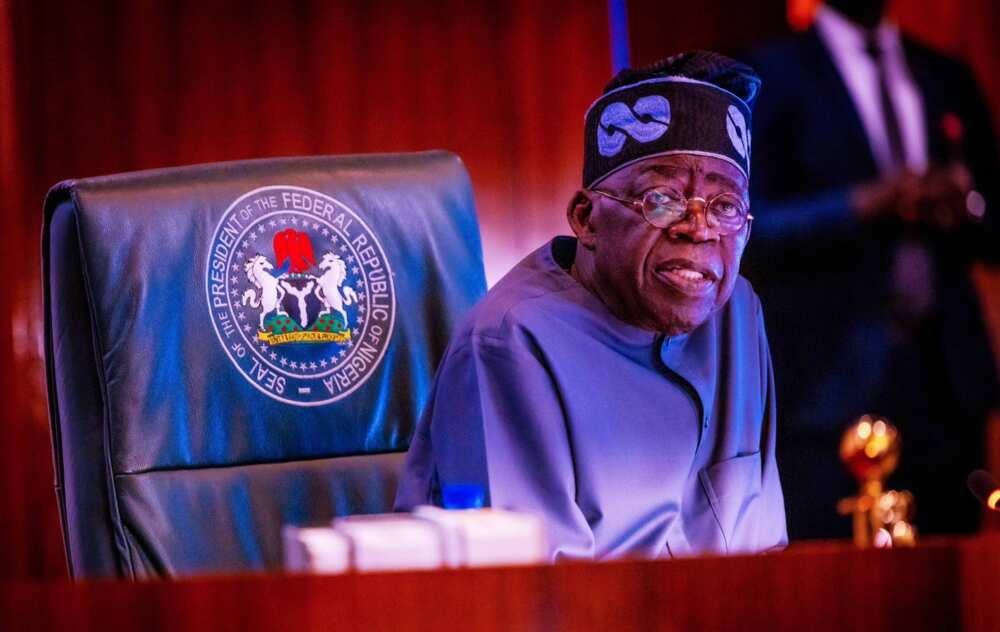Dr. Awe Emmanuel O, a renowned economic expert, has expressed optimism about the economic reforms implemented by President Bola Tinubu’s administration.
Awe made this known in his report appraising President Bola Ahmed Tinubu’s economic reforms at a one-day intellectual discourse organised by the Beyond Boundaries Legacy Leadership Initiative (BBLLI) in collaboration with the Civic Centre on Economic Reforms, Policies and Planning.
The event, themed “Between Austerity and Prosperity: Nigeria Yesterday, Today and Tomorrow,” aimed to evaluate the state of the economy and the renewed hope agenda.
According to Dr. Awe, President Tinubu’s economic reforms have shown promise, despite the current economic challenges.
He noted that the removal of fuel subsidy and exchange rate unification have increased government revenue, but also led to public hardship.
However, he added that these reforms are necessary steps towards achieving sustainable economic growth.
The expert noted that Nigeria’s economic trajectory has been marked by cycles of austerity and prosperity.
To achieve sustainable prosperity, he said Nigeria must prioritise economic diversification, strengthen sectors such as manufacturing and technology, and improve infrastructure.
H further said effective monetary and fiscal policies are crucial in controlling inflation and stabilising the exchange rate.
Dr. Awe emphasised the importance of investing in human capital through education and healthcare reforms, as well as improving infrastructure to support economic growth.
He also stressed the need for transparency and public engagement in policy-making, ensuring that human rights guide the formulation and implementation of significant policy changes.
“While challenges persist, including high inflation and exchange rate volatility, President Tinubu’s economic reforms offer a promising path forward,” he said.
“With consistency, transparency, and national cohesion, Nigeria can transition from economic volatility to long-term prosperity, fostering inclusive growth and development.
“Looking forward, Nigeria’s future economic trajectory remains bright, but several factors may drive its shift from austerity to prosperity. The focus on economic diversification, particularly in agriculture, manufacturing, and the services sector, has potential.
“The Nigerian government has initiated programs aimed at improving the ease of doing business, such as the ‘Nigeria Economic Sustainability Plan’ (NESP), which seeks to promote local manufacturing and stimulate the private sector.
“Additionally, the development of human capital through education and healthcare reforms could create long-term sustainable growth (Ogwuma, 2005). However, political instability, corruption, and inadequate infrastructure remain significant barriers that must be addressed to unlock prosperity.
“Nigeria’s economic path between austerity and prosperity is deeply tied to its ability to manage its resources effectively, embrace structural reforms, and foster an inclusive economic environment for all citizens. The transition from austerity to prosperity will require comprehensive policy changes, long-term investments, and national cohesion.”


